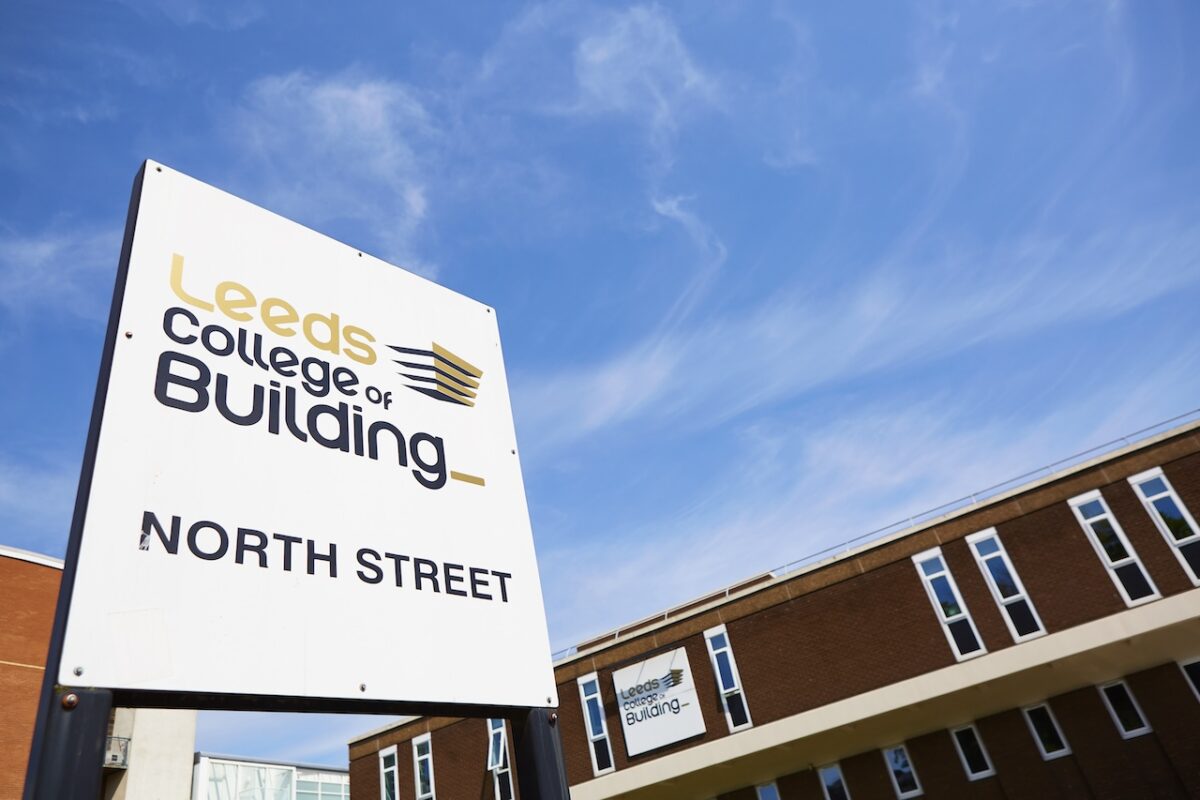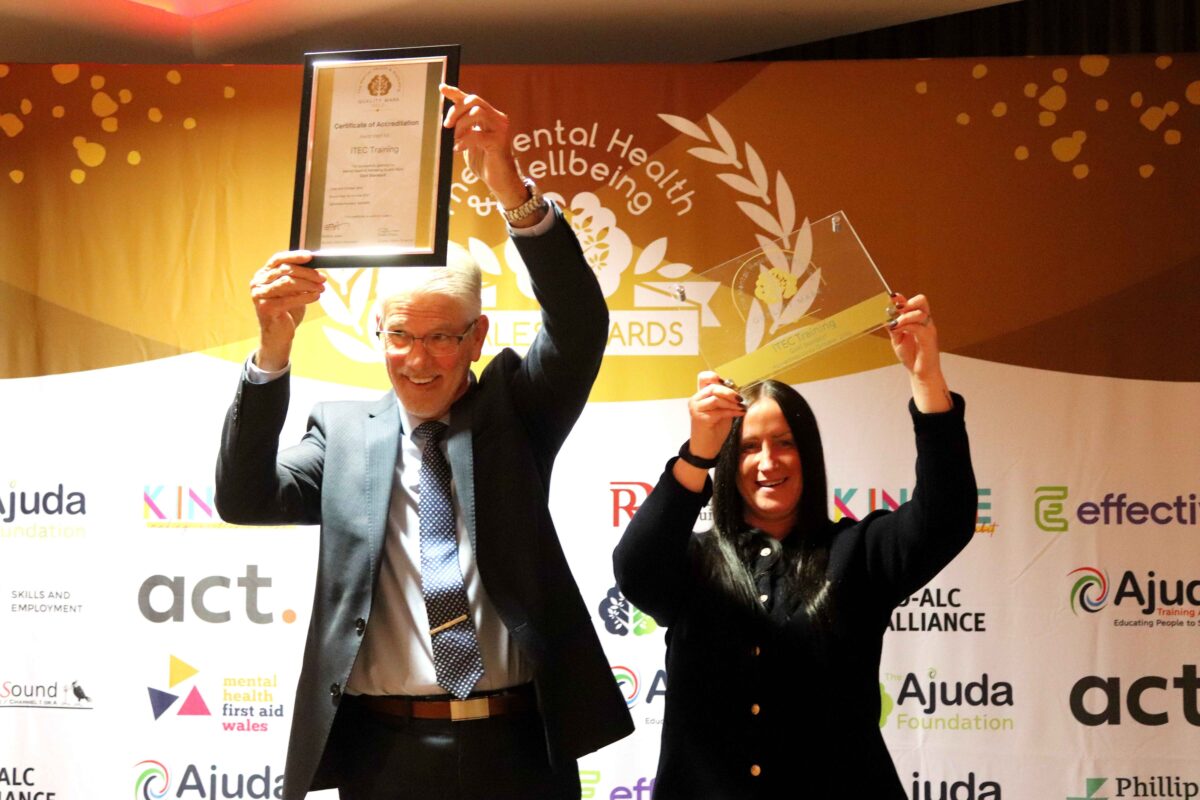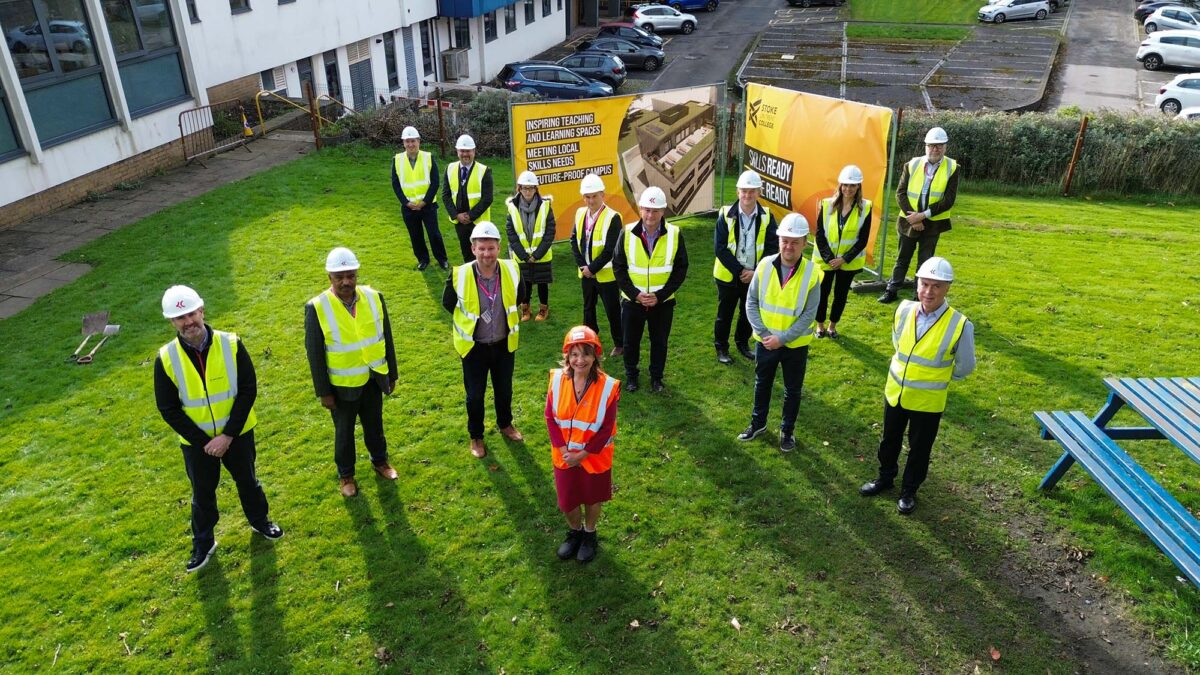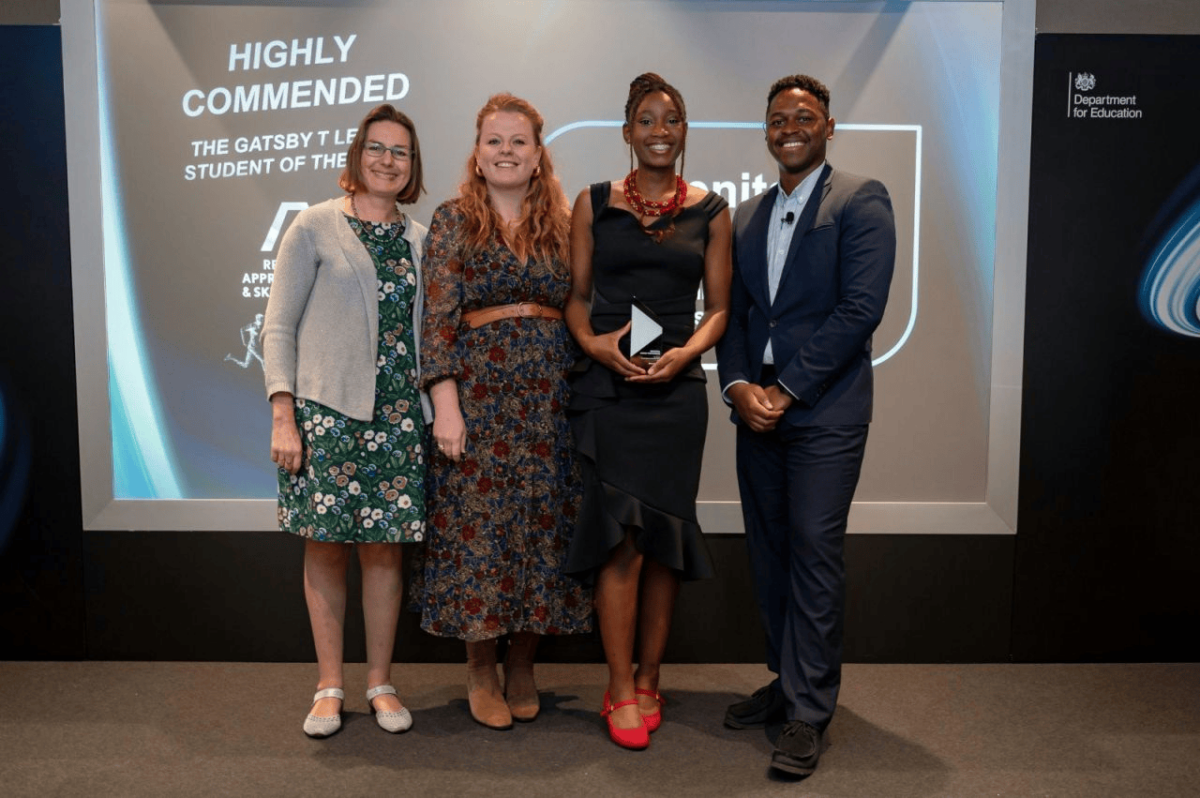What changes in assessment will support learners of the future?

With thousands of students receiving their results in August, Jessica Blakey, Head of Assessment Innovation at the educational charity and leader in vocational and technical learning NCFE, questions what changes are needed now to better support the learners of the future.
For many learners, this year may have been the first time since 2019 that they sat exams. It could also be their first time ever completing high-stakes assessments.
Many of us will remember waiting for the post to arrive or walking into our school or college on the day our results were released, nervous and excited to see what we had achieved. Can you imagine how nervous we would have felt after losing as much learning time as this year’s cohort has over the last two years?
Data on effects of the pandemic
We know that we haven’t yet returned to post-pandemic normality, with mitigations and adaptations still in place for many assessments in 2021-22, and rates of absences still higher than 2019 figures.
Data on Year 11 student absences shared recently from Education Datalab, for example, highlighted that learners missed, on average, one in ten sessions, while pre-pandemic absences were only half that figure.
This also disproportionately affects learners eligible for free school meals, with 28% of Year 11s in this group missing the equivalent of at least a day a week over the academic year, compared to 11% of students not in this category.
These statistics link to findings from the Sutton Trust, released earlier this month, revealing concerns from teachers that the attainment gap will continue to get wider. A huge 72% of teachers surveyed said they thought disadvantaged learners at their school would fall even further behind their more affluent peers this year.
All of this suggests that disadvantaged learners were on increasingly uneven footing when sitting their exams or assessments this year and may not be celebrating as much as some of their classmates on results day.
Returning to normal
Education seems to be trying its best to go back to ‘normal’ but, with the challenges that we’re still facing, it makes me wonder why should we return to normal?
Despite the Former Secretary of State for Education, Gavin Williamson’s views, we believe that exams alone may not be the fairest way to assess all learners’ abilities. Instead, we must think about what the future of assessment could do to reduce the attainment gap and give all learners a fairer chance, while also embracing new technologies. This would only add to celebrations on results day.
Looking to the future
When we launched our Assessment Innovation Fund last year, our vision was (and still is) to break the boundaries of assessment within education. We believe we need a shift from the current dated and disconnected methods of assessment to transformational approaches that meet the needs of learners and educators today.
We’re now well underway with piloting the first successful projects that were awarded funding in previous windows, and we’re excited to see the impact these pilots could have on the learners of the future.
One of the successful applicants was the Really NEET Project, based in Rotherham. They’re testing the effects of immersive and interactive story-based assessments, which aims to change perceptions by using modern technology to engage learners in a more personalised assessment. One of the key focuses of the pilot is to engage hard-to-reach learners who don’t respond to mainstream education and assessment.
Solutions, such as this, are much needed to support disengaged learners, or those who struggle with the typical exam format.
New approaches could also be used to support those with Special Educational Needs and/or Disabilities (SEND), as statistics shared by the Department of Education last year highlighted that just under a quarter (23.4%) of these learners achieved five or more GCSEs at A* to C or the equivalent, compared to 70.4% of learners with no identified SEND.
Another pilot is being undertaken by Sheffield College is testing the effects of how virtual reality (VR) can be used effectively in summative and formative assessment.
Its aim is to build experiences that enable learners to go into a fully immersive VR setting and practise their skills. This will give learners more practice time when the physical spaces for work experience are limited and increase learners’ opportunities to work with teachers and get constructive feedback.
The next funding window for our Assessment Innovation Fund is open now and we’re offering up to £25,000 to fund pilots as part of our next phase. We want to hear from anyone who can help develop new and innovative assessment solutions that meet the evolving needs of the education sector.
It’s clear that, post-pandemic, we need to continue to innovate and introduce new and effective assessment methods to support the learners of the future. Changing how learners undertake assessments to involve methods that are fair for everyone would be a step in the right direction to help them achieve.
We want results day to be a celebration for all learners, not just those who are good at passing exams.
Jessica Blakey is Head of Assessment Innovation at NCFE and joined NCFE over two years ago to work on the T Level qualifications. She previously worked in educational research, teacher training, and as a French teacher in South Shields. Jessica is particularly focused on how to make assessment better, fairer and more accessible for all learners.












Responses